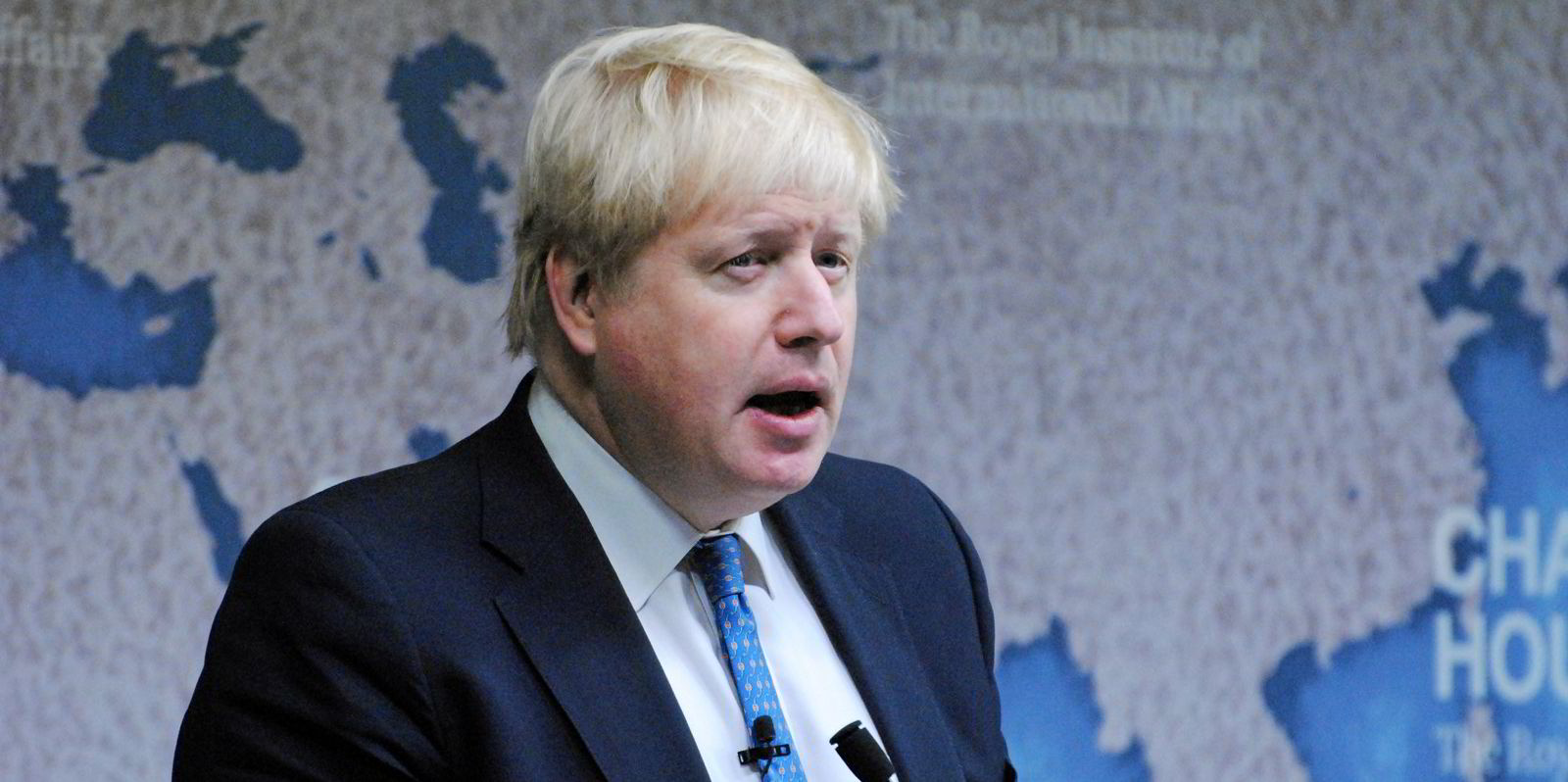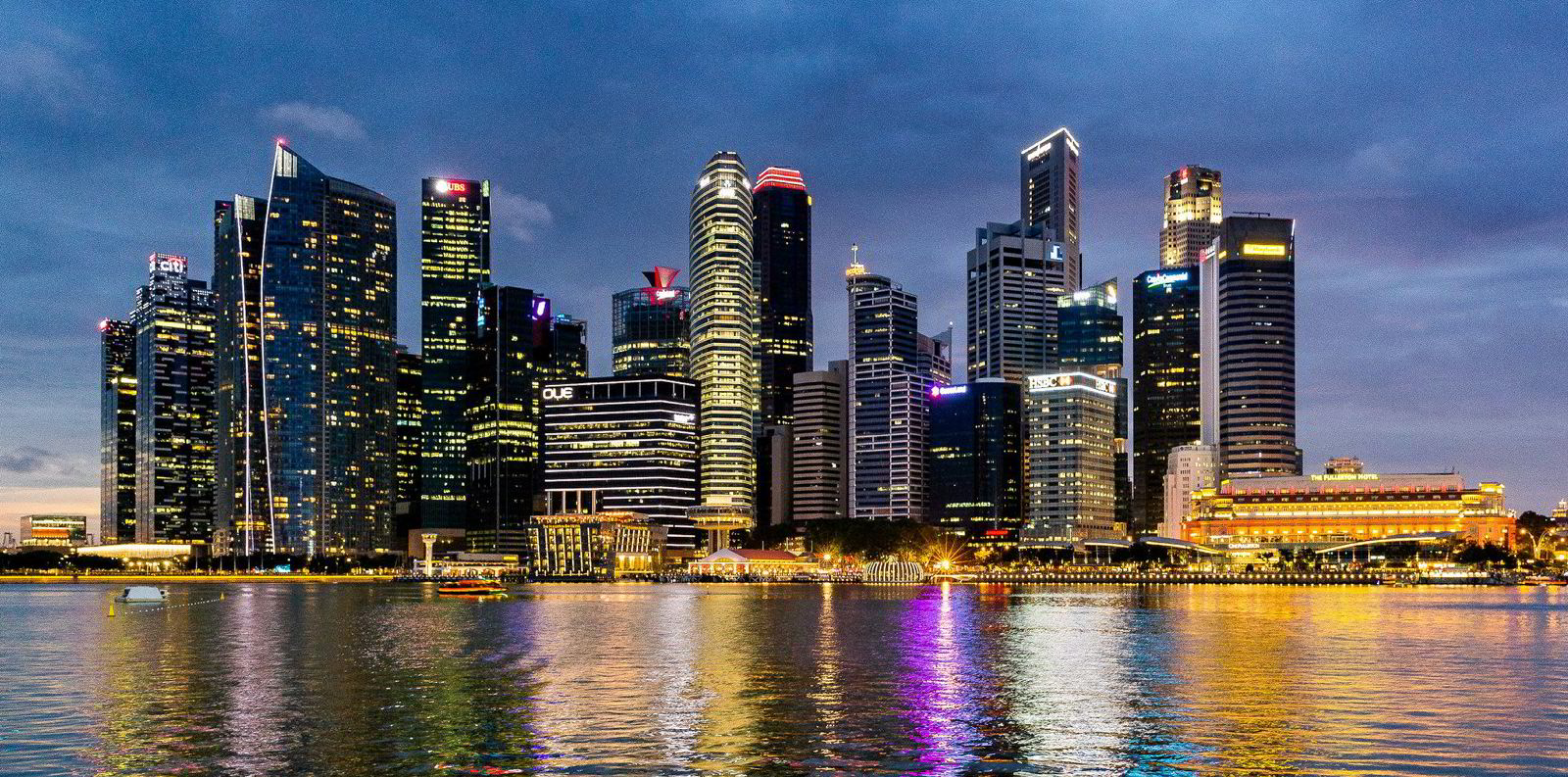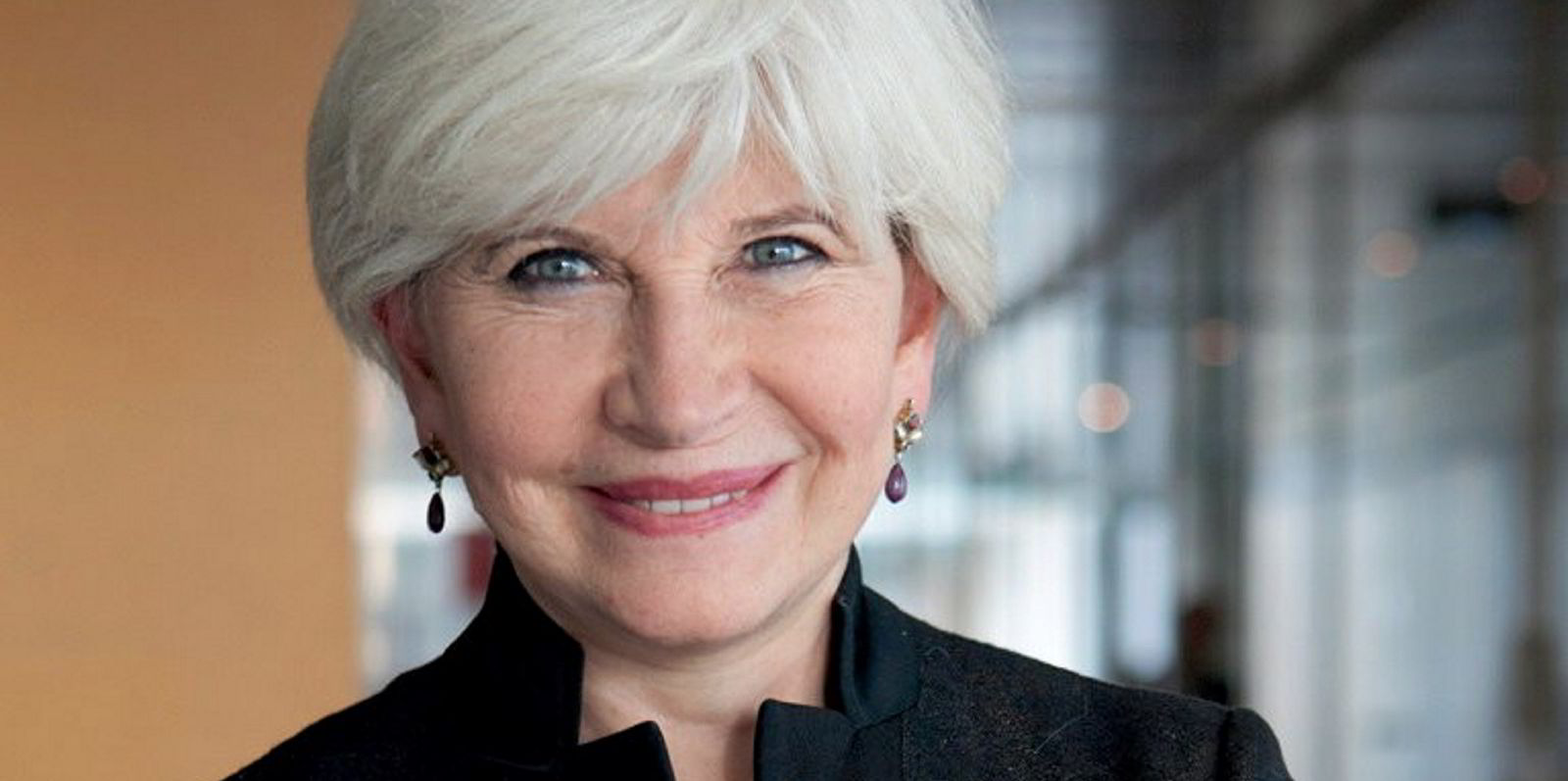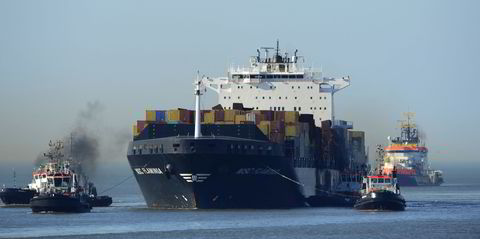The UK's maritime industry is poised to receive funding to support the decarbonisation of shipping and to launch research and development of green technology.
The sector will receive £20m ($26.6m) as part of the government's ten-point, Green Industrial Revolution plan, which will mobilise around £12bn of government investment.
The plan itself is part of the UK's strategy to become a net-zero carbon emitter by 2050.
Government support will be given to "difficult-to-decarbonise industries" like aviation and shipping to fund research projects for zero-emission planes and ships.
The £20m sum will be used as part of a competition to develop clean maritime technology, such as feasibility studies on key sites including Orkney in Scotland and Teesside in north-east England.
Prime Minister Boris Johnson said that, despite the pandemic, he had not lost sight of "our ambitious plans to level up across the country".
"My ten-point plan will create, support and protect hundreds of thousands of green jobs, whilst making strides towards net zero by 2050," he commented.
The government also wants to support technological developments that will make the City of London "the global centre of green finance", according to the plan.
The Green Industrial Revolution plan will create and support up to 250,000 jobs in the UK, according to the government.
The government also hopes to spur over three times as much private-sector investment in the space by 2030.
Industry reaction
Promotional body Maritime UK said the £20m sum is not a lot, but is a good starting point for further investment.
Maritime UK director Ben Murray told TradeWinds that by including maritime in the ten-step plan, the government had prioritised the sector as being one in need of support.
Murray said the plan now is to use the new funding properly and make a "compelling" case for further support.
"It's our job to make the plan work for the sector," he told TradeWinds by phone on Wednesday.
The ten-point plan, he said, "hits the right buttons" and could have more in store for the UK maritime sector than the wedge of cash alone.
The plan comprises green finance, which Murray said could help build up shipping finance in London, plus support for offshore wind, which is a growth area for UK ports and vessel operators servicing the sector.
Murray also pointed to the fact that the plan includes a focus on developing hydrogen as green fuel source, with the prime minister writing the Financial Times on Wednesday that the UK will have hydrogen-fuelled ships, trucks and cars by 2050.
In the ten-point plan, the government has committed to working with industry to generate a target of 5 GW of hydrogen production capacity by 2030 for transport and industry, as well as power and homes.
"The market for green maritime technology is truly global, and the first country to make real progress towards maritime decarbonisation will reap substantial returns," Maritime UK said.
"The new green technologies to move vessels must be matched by green infrastructure at ports, so those vessels can recharge and refuel as people and goods come and go."








